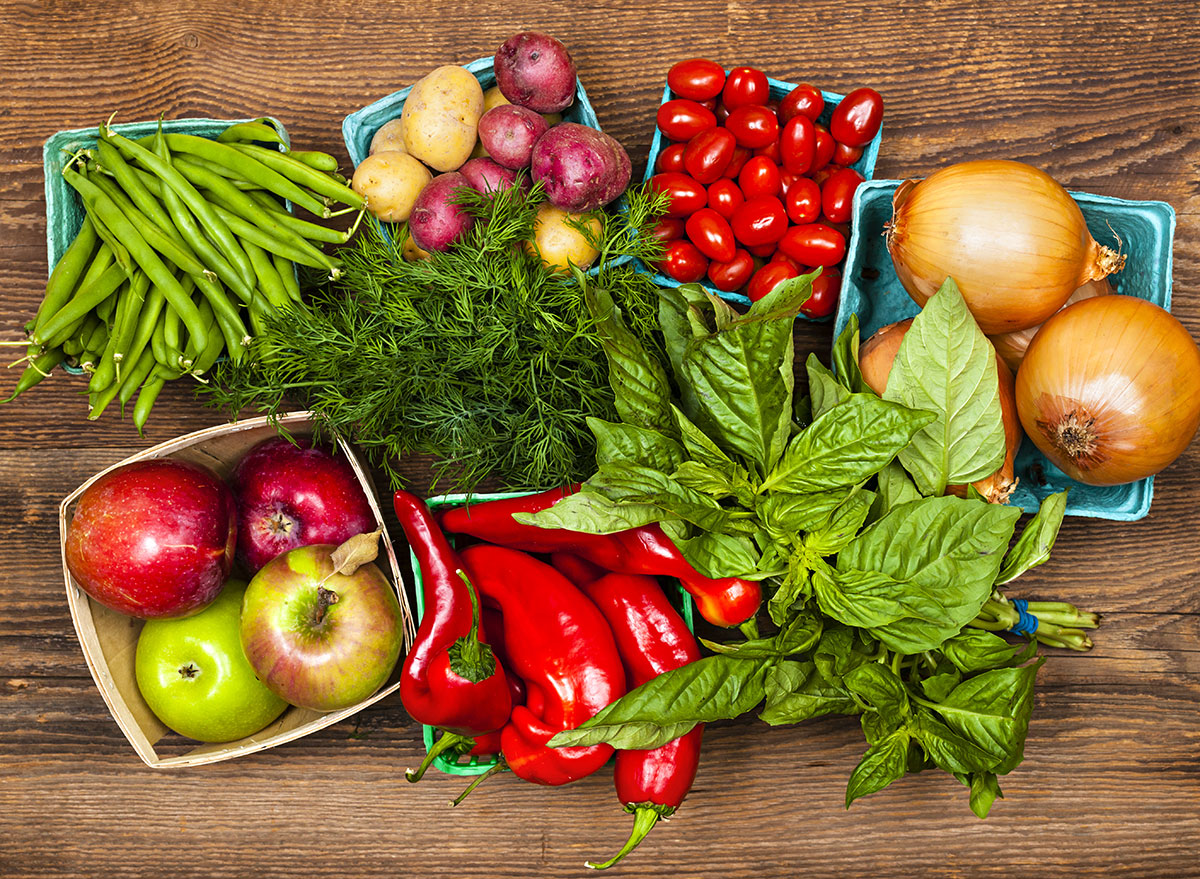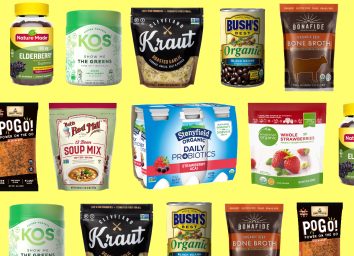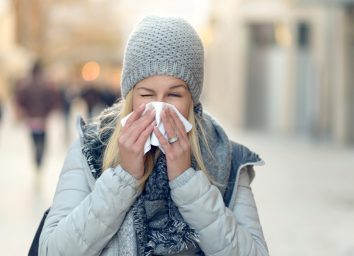The Immunity-Boosting Foods Doctors Want all Frontline Workers to Eat

Frontline workers have the highest risk of catching coronavirus because they are constantly in contact with many people, and are most likely stressed and overworked, which can weaken their immune systems. This is especially the case for health care providers who are taking care of infected patients.
Of course, health care professionals are used to operating in high-stress environments, but the pandemic has exacerbated these intense working conditions. The likelihood of health care providers feeling even more stressed and experiencing a lack of quality sleep these days is much higher—and these two factors can lead to poor dietary choices, which can further hinder their immune function.
To help keep our frontline healthy, Cristina Palacios, associate professor in the Department of Dietetics and Nutrition at the Robert Stempel College of Public Health & Social Work, recently joined forces with a team of international experts to release a nutritional guide for those most at risk of getting coronavirus. The guide is designed to support their immune systems during these challenging times, but it can be used by anyone and everyone looking to stay healthy. Here are the top tips and food suggestions from the guide. (Related: Click here for all of our latest coronavirus coverage.)
Anti-inflammatory Eats
One key to supporting your immune system is eating foods that have an anti-inflammatory effect on the body. In a previous story for Eat This, Not That!, Sydney Greene, MS, RD said that one of the key indicators of your diet negatively affecting your immune system is inflammation.
"Inflammation is part of the body's defense mechanism and plays a role in the healing process," Greene said. "Chronic inflammation has been shown to play a role in various diseases such as diabetes, allergies, and cardiovascular disease."
Great examples of anti-inflammatory foods you should be adding to your diet now are ones that are rich in omega-3 fatty acids, such as salmon, oysters, flax seeds, chia seeds, walnuts, and soybeans.
Options Rich in Vitamins and Minerals
The other food all-stars that support a healthy immune system are ones rich in vitamins and minerals. The nutritional guide for frontline workers suggests getting a regular intake of vitamins A, B3 (also known as niacin), B9 (folate or folic acid), C, and D, Palacios says. The minerals selenium and zinc are also key players in supporting your disease-fighting abilities.
Foods that are high in vitamin A include dairy products and eggs, fruits that have an orange pigment, and fish oil. Dairy, eggs, and salmon are also all great sources of vitamin D. Foods that are rich in B3 and B9 vitamins include poultry, fish, nuts, beans, fruit, and green vegetables.
… And the One Type of Food to Avoid
While everyone should be eating whole foods to support their immune system and keep inflammation at bay, frontline workers are especially at risk of exposure, so it's even more important for them to sustain proper immune function. This can also be achieved by avoiding processed, packaged foods.
"Processed foods, with their high sugar levels, omega-6 fatty acids, excess sodium, and junky additives can stoke the fire of inflammation," Greene told ETNT!. "When inflammation is high, it taxes the immune system leaving us more susceptible to disease and illness."
For your own health, make sure you're avoiding processed foods and sticking to a diet that's rich in whole foods teaming with vitamins, minerals, and anti-inflammatory benefits.








